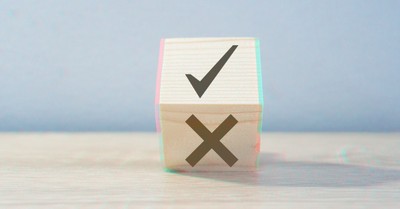Melatonin Use Skyrockets Among U.S. Kids
-
Jim Liebelt Jim Liebelt's Blog
- Published Nov 21, 2023
The following is excerpted from an online article posted by HealthDay.
Record numbers of children and tweens now take melatonin for sleep, potentially doing harm to their development, a new study warns.
Nearly one in five school-aged kids are popping melatonin to help them rest, often with the help of their parents, researchers reported in the Nov. 13 issue of the journal JAMA Pediatrics.
But safety and effectiveness data for melatonin is slim, and the U.S. Food and Drug Administration doesn’t heavily regulate such supplements, researchers say.
“We hope this paper raises awareness for parents and clinicians, and sounds the alarm for the scientific community,” said lead study author Lauren Hartstein, a postdoctoral fellow in the Sleep and Development Lab at University of Colorado Boulder.
“We are not saying that melatonin is necessarily harmful to children,” Hartstein added in a university news release. “But much more research needs to be done before we can state with confidence that it is safe for kids to be taking long-term.”
The human pineal gland naturally produces melatonin, to signal to the body that it is time to sleep and to regulate the 24-hour circadian sleep cycle. Many countries classify melatonin as a drug that’s available by prescription only, researchers said in background notes. But in the United States, melatonin is available over the counter as a dietary supplement -- increasingly available in child-friendly gummies.
To get a sense of how many kids now take the supplement, researchers surveyed about 1,000 parents in the first half of 2023. What they found was startling:
- Nearly 19% of children ages 5 to 9 had taken melatonin in the previous 30 days, and more than 19% of tweens 10 to 13 did
- Nearly 6% of preschoolers ages 1 to 4 had used melatonin in the previous month.
- Preschoolers using melatonin had been taking it for an average of a year, while grade schoolers and tweens had been using on average for 18 and 21 months, respectively.
- The older the child, the greater the dosage, with preschoolers taking between 0.25 milligrams (mg) to 2 mg and preteens taking up to 10 mg.
Reports of melatonin ingestion to poison control centers increased 530% from 2012 to 2021, the authors noted, largely occurring among children under age 5. More than 94% were unintentional overdoses, and luckily 85% were asymptomatic, researchers added.
Giving children melatonin also sends a message that If you’re having trouble sleeping, a pill is the answer, the researchers noted. “If this many kids are taking melatonin, that suggests there are a lot of underlying sleep issues out there that need to be addressed,” Hartstein said. “Addressing the symptom doesn’t necessarily address the cause.”
Source: HealthDay
https://www.healthday.com/health-news/child-health/melatonin-use-skyrockets-among-us-kids-study-finds



















